The human condition is constantly influenced by many factors. Many people experience this phenomenon of constantly itching their head. The reasons for this phenomenon may be different. In any case, measures must be taken to eliminate this unpleasant symptom. Details are presented in the article.
Why does my head itch? The reasons may be related to the appearance of lice. But this happens only in advanced cases. Inflammation and irritation on the head is usually observed in young children who do not like water procedures, and unscrupulous parents do not bathe them. It is easy to detect traces of lice, because pests leave stains. Lice usually form where there is dandruff.
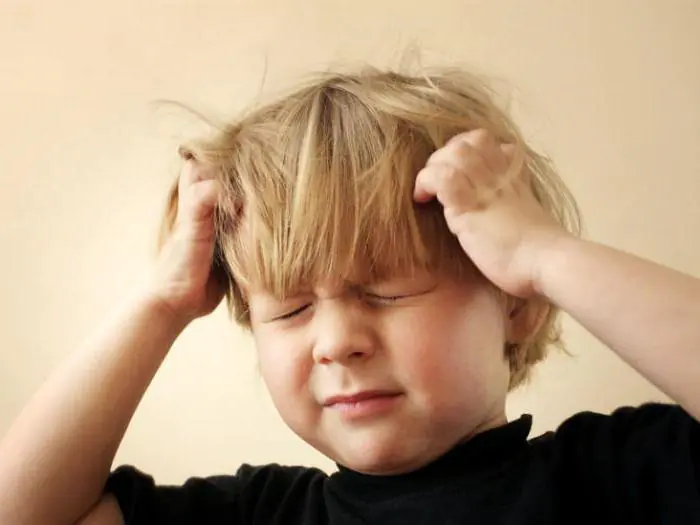
If a person takes care of hygiene, then the possibility of such a problem occurring is minimal. If you have any doubts about this, you should ask a loved one to examine your head for parasites. You can see them with your own eyes or with a magnifying glass.
Allergy
“Why does my head itch, it’s clean, right?” - you can often hear exactly this question from people. If itching occurs after washing your hair, then the shampoo is probably not suitable. In this case, you need to buy a pharmaceutical remedy against this symptom.
Often a person becomes allergic to certain components that are included in personal care products. Allergens include sodium and sulfate compounds. In this case, it is necessary to change the shampoo, otherwise, with an allergy, red spots may form on the head, and dandruff will be released in even greater quantities. Inflammation and dandruff appear when the scalp is very dry, and a person uses shampoo for oily hair.
Chemical damage
If your head itches, the reasons may lie in chemical damage. Usually this problem occurs among the fair sex after extensions and coloring. Itching occurs due to the influence of many chemical components on the skin and hair. In this case, it is necessary to determine which of the remedies causes the allergy. If it is detected, you should stop using it.
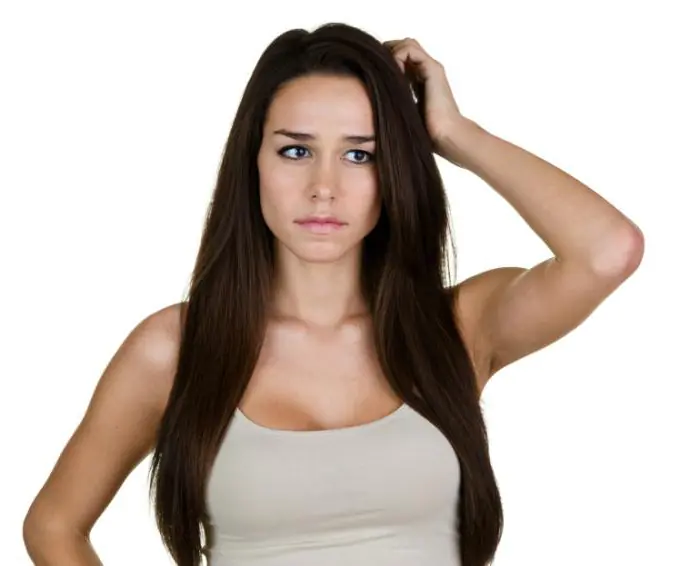
It is necessary to pay attention to the composition and compare it with other products used. Often allergies are caused by ordinary henna. After contact with the head, it negatively affects the epidermis. The allergen may be ammonia, which is an aggressive agent for the epithelium.
Switching to products from another company usually helps. Therefore, if shampoo makes your head itchy, you need to try a different wash. To get rid of unpleasant sensations, you need to use a soothing gel, lotion, or balm. Various herbal tinctures are suitable.
Disease
Constantly itchy head due to illness. Hair loss is associated with a deficiency of vitamins and microelements for hair and skin. The bulbs weaken, the strands become thinner and break, and then fall out.
Itching may appear due to a skin disease in the form of a fungus, ringworm. The disease can occur in people of any age and gender. Typically, sores appear as frequent spots on the skin. The affected area may not be the head. The disease can manifest itself throughout the body, especially in friction areas such as the knees or elbows. The spots turn white and peel, causing the person to feel severe itching. In this case, you should consult your doctor about treatment methods.
Seborrhea
If your head is constantly itching, the reason may lie in the presence of seborrhea. This disease occurs due to severe oily skin. Then dandruff appears in larger quantities. In addition, peeling is observed. It could be dermatitis or psoriasis. You should not treat the disease at home; it is better to consult a doctor immediately.
The causes of this phenomenon are constant stress and depression, poor nutrition, disruptions in the immune system or hormonal system. If your skin is sensitive, then even washing with hard water can cause this unpleasant symptom. The head also constantly itches due to a genetic factor, allergies or health problems.
Allergy to paint
Your head may itch from using low-quality paint or a composition containing ammonia or hydrogen peroxide. Therefore, it is important to control what the master will use for painting. Ammonia-free paints or tinted shampoos are more suitable. Before the procedure, it is necessary to perform an allergy test.
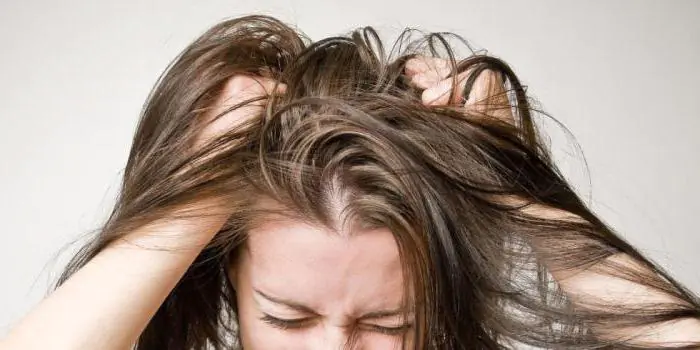
Poor nutrition
Itching may occur due to consumption of large quantities of sweet, spicy, smoked, canned food and coffee. Overeating these foods necessarily affects the skin, causing dermatitis, eczema, acne, and rashes.
With these skin manifestations, itching and scratching are observed in the areas of the rash. Therefore, it is necessary to exclude the consumption of junk food, it is necessary to consume more plain water, lean foods without spices. After this, the itching may go away on its own.
Inappropriate headgear
If it is tight or synthetic, then unpleasant sensations will definitely appear on the head. Debate only makes the situation worse. In this case, you need to replace the headdress with a pleasant one made of natural material. In addition, they must be worn at a certain temperature; the scalp should not be overheated or overcooled.
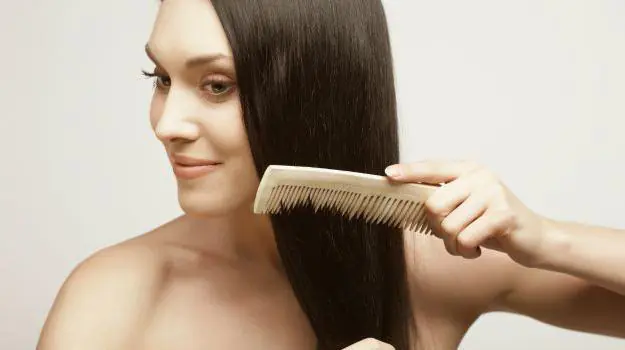
Itchy scalp can also occur due to:
- blood circulation disorders;
- gastrointestinal diseases;
- sedentary lifestyle;
- frequent use of a hair dryer, curling iron, overexertion.
From nerves
Can your head itch from nerves? Stress and hair are interconnected. Therefore, itching is likely to occur for this reason. During stress, changes are observed in the activity of the immune system, which begins to work actively. This activation can cause an attack on one’s own cells.
Because of this, in some systems there is an imbalance between protective and aggressive factors. Due to damage to the scalp tissue, irritation of the nerve endings that transmit a signal of damage to the brain is observed. The nervous system understands this as itchy skin. This damage to the hair follicles can lead to hair loss.
When is treatment required?
It is possible and necessary to eliminate dandruff, itching and other skin problems. You should consult a doctor if you notice:
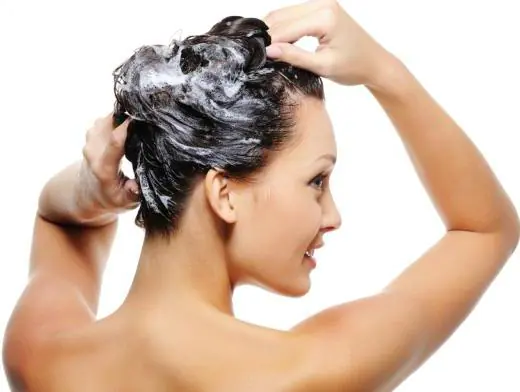
- scabies;
- excessive oily scalp;
- peeling of the skin;
- acne.
If your head itches in one place or in different places, you can use shampoos and medicated masks at home. Nowadays, various effective remedies against specific problems are sold.
How to restore hair?
Stress can significantly affect the condition of your hair. How should recovery be performed? The following recommendations will help in this matter:
- Elimination of factors that damage the scalp and hair. You should not use dyes, perms, use a hot hair dryer or straightener.
- Using methods that improve blood flow to the scalp. This applies to the laser comb and darsonval. The procedures activate blood flow and improve hair growth.
- Self-massage is useful.
- You should use a soft comb, preferably a wooden one with a low frequency of teeth.
Following these recommendations will help restore the amount of hair on your head faster.
Shampoos
If your scalp itches, what should you do? Special shampoos relieve this unpleasant symptom:
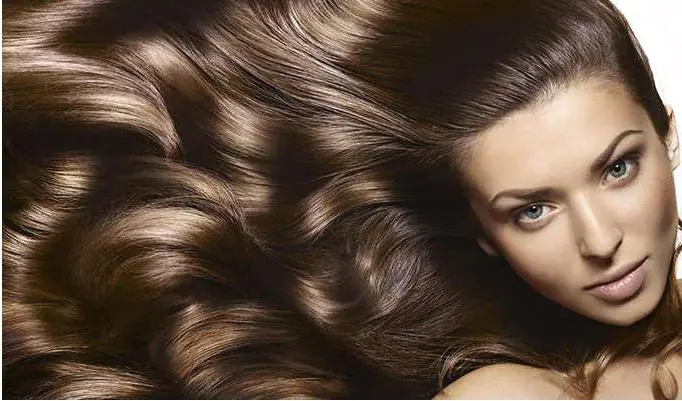
- For dandruff. But it can only be used if there is no allergy.
- From fungus and lichen. You should purchase products with zinc and climbazole.
- From itching and burning. Mousses and gels with salicylic acid and tar are suitable.
- From seborrhea. It is necessary to use medicinal masks and shampoos with tar, sulfur, antibacterial components and microelements.
- From irritation. It is better to choose shampoos with chamomile, oak bark and other medicinal herbs and plants.
Use of medications
If your head itches, treatment can be done with medications prescribed by your doctor. They should not be used arbitrarily. Usually, for dandruff and seborrheic dermatitis, vitamin complexes with vitamins A, E, B and preparations with fungi are prescribed.
If depression and stress constantly accompany you, you need to relax and calm down. In this case, you need to use antidepressants, for example "Novopassit" and tincture of motherwort and chamomile. If the hormonal system is normal, it is necessary to take the drug to restore the balance between male and female hormones.
Traditional medicine
It is not necessary to use medications, since there is traditional medicine. Its products can quickly improve the condition of the scalp and hair:
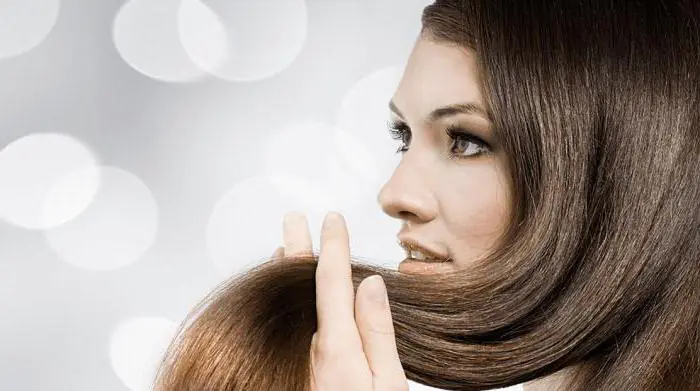
- Massage. The procedure restores blood circulation and eliminates unpleasant symptoms painlessly.
- Herbal decoctions. Oak bark, chamomile, and nettle are suitable for treatment. They can be used as a rinse after washing your hair.
- Garlic and onion juice. The acids and sulfur present eliminate flaking, dandruff, and itching. You will need garlic or onion juice, which must be mixed with lemon juice (in an amount of 1:1). You also need to add a little oil, preferably olive. Apply the finished mixture to damp strands and scalp for half an hour. Then everything should be washed off with warm water. If desired, add a few drops of lemon juice to the water.
- Apple mask. It will help you quickly get rid of itching. You will need a medium-sized apple, which must be grated and then applied to your hair and scalp. Then the heads should be wrapped in a warm towel for half an hour. Rinse off the product with warm water and shampoo. The procedures can be performed 2 times a week, which will provide excellent results.
- Onion peel. You will need 1 tbsp. this product, which must be placed in a saucepan and pour boiling water (1 liter). The finished mixture should be simmered over low heat for 1 hour. The decoction is used to remove itching for rinsing after shampoos. To achieve the best effect, you need to perform the procedures 2-3 times a week.
Prevention
It is better to prevent any disease than to treat it. To avoid itchy scalp, it is important to follow simple rules:
- Use high-quality shampoos, conditioners, and lotions that do not contain harmful allergens.
- It is important to use only your own styling tools - combs, hairpins, curling irons, stylers.
- In hairdressing salons and salons, it is necessary to monitor the processing of tools.
- It is necessary to adhere to an active lifestyle, eat right, and eliminate bad habits.
- It is important to remember that you should not self-medicate.
Thus, your head can itch due to various factors. However, there are many remedies to eliminate this unpleasant symptom. And if you follow the rules of prevention, you can prevent the occurrence of itching and other ailments of the scalp.
Itchy skin at night is quite common. The problem of itching the body at night not only brings temporary irritation to the person sleeping or trying to sleep, but also leads to loss of sleep. In addition, when the skin on the body itches, there is a desire to eliminate this problem mechanically, which leads to frequent skin damage.
It should be noted that night itching is not a separate disease, but one of the symptoms of another disease. This means that if there is one, it is necessary to carry out a comprehensive diagnosis and find out whether there is a serious pathology in the body. Thus, itching all over the body at night gives reason to think and understand this phenomenon.
Why is itching at night physiologically possible?
Before understanding the reasons why the body itches in different places, it is necessary to understand what contributes to the occurrence of this phenomenon at night. There are several reasons for this:
- At night, body temperature is higher. Usually the whole body is covered with a blanket at this time, which helps maintain body temperature and increase it. This leads to higher skin sensitivity.
- Due to the dilation of blood vessels, blood circulation is significantly enhanced. Because of this, metabolism in the body occurs faster, which leads to a faster release of various substances into the blood. They become the reason why the body itches at night.
- Itching at night is often caused by external irritants. These could be cosmetics, household chemicals, certain clothes and other factors.
- Psychosomatic reaction. This is the influence of some psychological factors on physiological processes. As a result, being alone in the evening, interacting with certain people, watching TV and other events can lead to your whole body itching before going to bed.
Causes of itching
Doctors talk about many factors that cause the body to itch at night. Some of them are the most common, others appear extremely rarely. To diagnose the form of your itching, you need to determine the following:
- is it a chronic itch or a one-time itch;
- itching can be localized or general.
Causes of localized itching
Typically, itching of specific parts of the body is associated with some dermatological disease. If you think that your body itches for no reason, you should understand that in most cases this is not the case. There are specific skin pathologies that cause this problem, namely:
- Dry skin. In winter, when it is cold outside and the humidity is as low as possible, the skin dries out much faster. Due to this, the likelihood of injury increases. More often, micro-sized wounds begin to form, which become infected, causing itching.
- Allergy. Localized itching can be caused by local medications, insects, seasonal flowering plants outside the window, clothing, food, pets, household dust, chemicals, etc., which can cause an allergic reaction.
- Insect bite. When it occurs, toxins enter the skin, causing inflammation. One of the signs is itching.
- Presence of parasites. If your head itches much worse at night, there is reason to think about getting it checked. Pinworms, lice, scabies mites and other parasites are more active at night, which can cause increased itching.
- Infectious process in the epidermis, etc.
Why does generalized itching occur?
Many patients suffer from widespread itching in the evening or at night. This may happen for the following reasons:
- liver diseases: hepatitis, hyperbilirubinemia;
- endocrine diseases: diabetes mellitus, thyrotoxicosis;
- oncology;
- neuropsychiatric disorders;
- anemia, polycythemia vera and other blood diseases;
- hereditary xeroderma.
If generalized itching occurs repeatedly, medical attention is required. You should consult a doctor and conduct a complete diagnosis of the body. Sometimes even mild itching can indicate some serious problems in the body that need to be treated immediately.
Cholestasis
Very often the whole body itches at night, but there are no visible signs on the skin. In addition, most internal organs may be fine. In this case, it makes sense to suspect cholestasis. This is a disorder of the metabolism of bile acids, in which their flow into the duodenum is sharply reduced. This leads to the accumulation of bile and products excreted with it in the body, which causes a certain intoxication. Ultimately, cholestasis leads to a number of changes in the body, namely:
- accumulation of bile blood clots;
- bilirubinostasis;
- damage to cell membranes;
- development of sclerosis;
- biliary infarction, etc.
Cholestasis has the following symptoms:
- severe itching of the skin without damage or external visual signs;
- enlarged liver;
- weight loss;
- dry skin;
- pain in the lower back, chest;
- loose stools;
- dark urine;
- brittle bones;
- steatorrhea (colorless stool).
Causes of itchy scalp
Very often, itching is not typical for the entire body, but only for the scalp. The following pathologies may be the cause:
- Pediculosis. Personal hygiene levels have increased significantly compared to past decades, but lice are still occasionally found in society. And if your head itches a lot, there is a reason to check it for parasites.
- Seborrhea. This disease affects the scalp, causing malfunction of the sebaceous glands.
- Diabetes. Patients with this endocrine disease are characterized by dry skin on the head, as a result of which they lose their elasticity. Dandruff develops. Due to poor skin regeneration, it begins to itch.
- Stroke. Itchy skin can occur due to disturbances in the functioning of the brain, which result in improper innervation of the epidermal layers of the skin.
- Pregnancy. The body of pregnant women itches at night as a result of various hormonal changes. They are also the cause of itchy scalp.
Preventing itching at night
There are a number of recommendations that, if followed, can significantly reduce the likelihood of developing itching at night. Firstly, it is personal hygiene. In addition, it is recommended to exclude from the diet foods that can cause allergies, as well as those that cause vasodilation. This could be alcohol, tea, spices, coffee, very hot food.
It is recommended to make your life more measured. You should avoid stress, overexertion, anxiety, and maintain a good mood before bed. Excessive nervous tension can cause severe itching at night.
But the best preventive measure is regular diagnostic procedures that allow you to find out the condition of the body. Thanks to constant medical examinations, it is possible to identify the disease at an early stage and cure it as much as possible.



